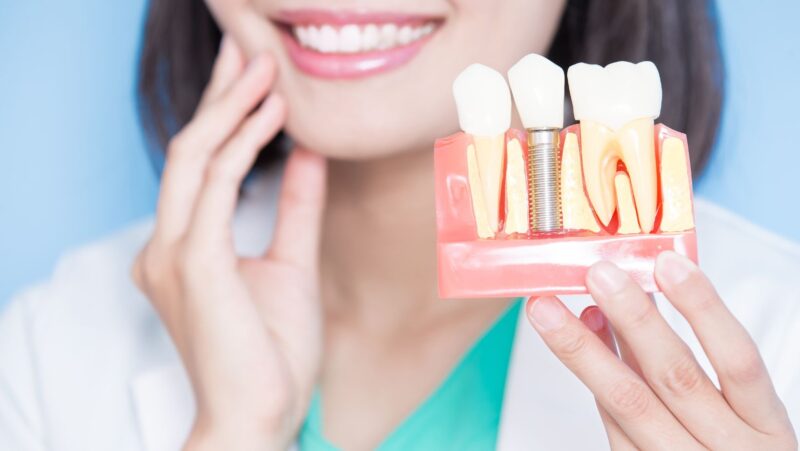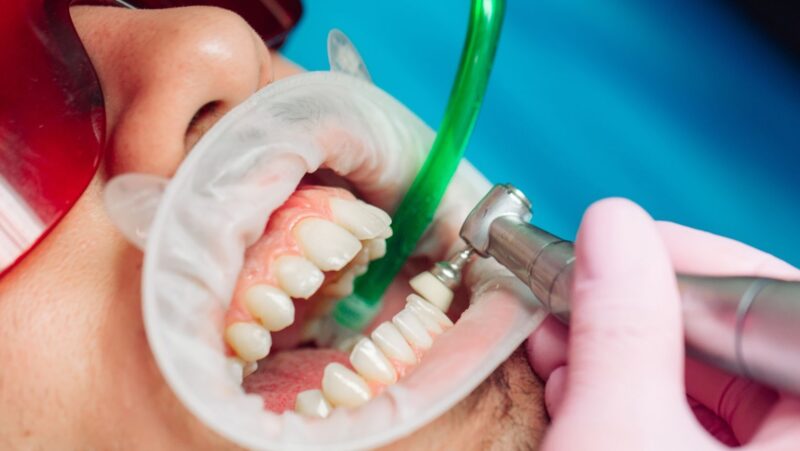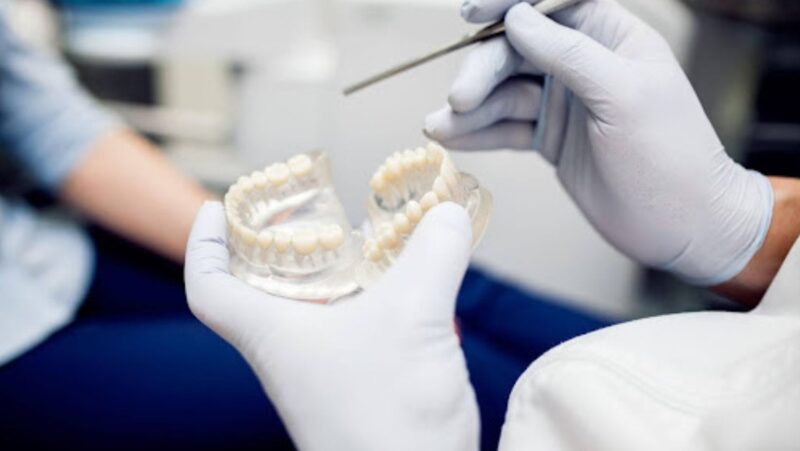
When you think about oral health, you might picture brushing, flossing, and using mouthwash. While these are essential, they are not enough to maintain your teeth and gums long-term. Regular dental cleanings are essential for preventing disease and maintaining a bright smile. If you are looking for a Dentist Mississauga, understanding the different types of dental cleanings will help you choose the right care for your needs.
Dental cleaning is not a one-size-fits-all treatment. Dentists suggest different types of cleanings based on the health of your teeth, gums, and overall oral condition. Let us explore the main types of dental cleanings, why they matter, and how they help you enjoy a healthier mouth.
Why Dental Cleanings Are Important
Your mouth is home to bacteria, plaque, and tartar. Even with excellent brushing and flossing, some buildup is unavoidable. Professional dental cleanings remove deposits that home care cannot reach. They also prevent cavities, gum disease, and even tooth loss. More importantly, regular cleanings support your general health. Studies have shown links between gum disease and conditions such as diabetes, heart disease, and respiratory problems.
When you schedule cleanings as recommended, you protect your teeth and gums while reducing health risks elsewhere in your body.
Types of Dental Cleanings You Should Know
There are four main types of dental cleanings. Each one serves a unique purpose and is recommended depending on your oral health needs.
- Prophylaxis Cleaning
A prophylaxis cleaning, often called a regular cleaning, is the most common type. It is designed for people who maintain good oral health without signs of gum disease. During this cleaning, your dentist or hygienist removes plaque and tartar from the surface of your teeth. They also polish your teeth, leaving them smooth and shiny.
This type of cleaning is preventive in nature. It helps you avoid cavities, gingivitis, and excessive tartar buildup. For most people, prophylaxis cleaning is recommended every six months. It is quick, comfortable, and an essential part of your oral hygiene routine.
- Scaling and Root Planing
Scaling and root planing, often referred to as deep cleaning, is advised for patients with gum disease. Unlike regular cleanings, it goes beneath the gumline. The process involves two steps. First, scaling removes plaque and tartar from your teeth and under your gums. Then, root planing smooths the root surfaces of your teeth. This helps the gums reattach and prevents bacteria from building up again.
This type of cleaning is more involved and may require local anesthesia. Your dentist may also schedule it over multiple visits if several areas are affected. Scaling and root planing is essential for stopping gum disease progression and saving your natural teeth.
- Periodontal Maintenance
After you undergo scaling and root planing, periodontal maintenance becomes necessary. Gum disease is a chronic condition, which means it requires ongoing care. Periodontal maintenance cleanings are scheduled more frequently, often every three to four months.
During these cleanings, your dentist ensures that plaque and tartar do not return under your gums. They also monitor your gum health to catch any signs of disease early. Skipping periodontal maintenance can cause gum disease to worsen, leading to bone loss or even tooth loss.
- Gross Debridement
A gross debridement cleaning is recommended for patients who have not visited the dentist for a long time. When heavy plaque and tartar cover the teeth, it becomes difficult to perform a regular cleaning or even assess oral health properly. Gross debridement clears away these thick deposits so that further cleaning and evaluation can be done.
This procedure may take longer and involve specialized instruments. Once the buildup is removed, your dentist can proceed with a regular prophylaxis cleaning or recommend additional treatments. Gross debridement helps restore a healthy foundation for future dental care.
Which Cleaning Is Right for You?
The right cleaning depends on the condition of your mouth. If your gums are healthy and you visit the dentist regularly, prophylaxis cleaning may be enough. However, if you have gum disease, scaling and root planing or periodontal maintenance may be necessary. For those with heavy buildup after years without dental care, gross debridement is the starting point.
Your dentist will assess your teeth, gums, and x-rays to determine the most suitable cleaning for you. Personalized care ensures that you receive the most effective treatment for your situation.
Benefits of Regular Dental Cleanings
When you commit to regular cleanings, you enjoy more than just a brighter smile. The benefits include:
- Prevention of cavities and gum disease
- Fresher breath and reduced staining
- Early detection of oral health problems
- Protection against systemic health risks
- Cost savings by avoiding major dental treatments later
Regular cleanings also boost your confidence. A healthy, polished smile makes you feel more comfortable in social and professional settings.
How to Maintain Oral Health Between Cleanings
Your role in oral health does not stop at the dentist’s office. You need to maintain daily care to keep your teeth and gums strong. Brush at least twice a day using fluoride toothpaste. Floss daily to remove plaque between teeth. Use mouthwash to kill bacteria and freshen breath. Stay hydrated and limit sugary snacks or drinks.
Equally important, schedule your dental check-ups on time. Skipping appointments allows plaque and tartar to return, undoing the progress of your last cleaning.
Final Thoughts
Understanding the different types of dental cleanings gives you the knowledge to take better care of your oral health. Each cleaning serves a unique purpose and helps protect your teeth and gums at different stages. Whether you need a simple prophylaxis or advanced scaling and root planing, the key is consistency.
By choosing the right type of cleaning and following through with your dentist’s recommendations, you safeguard your smile for years to come. So, if you are ready to maintain excellent oral health, schedule your appointment today and take the next step toward a healthier, brighter smile.












